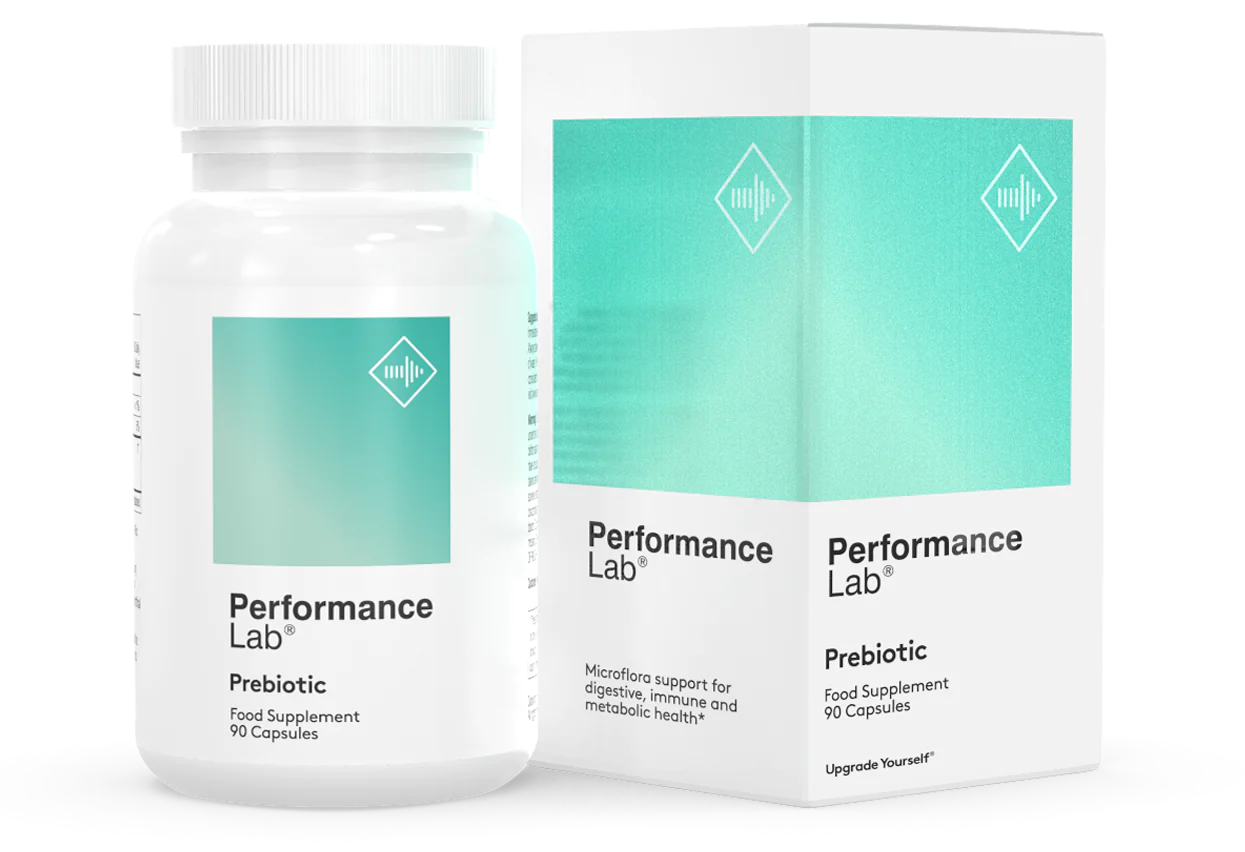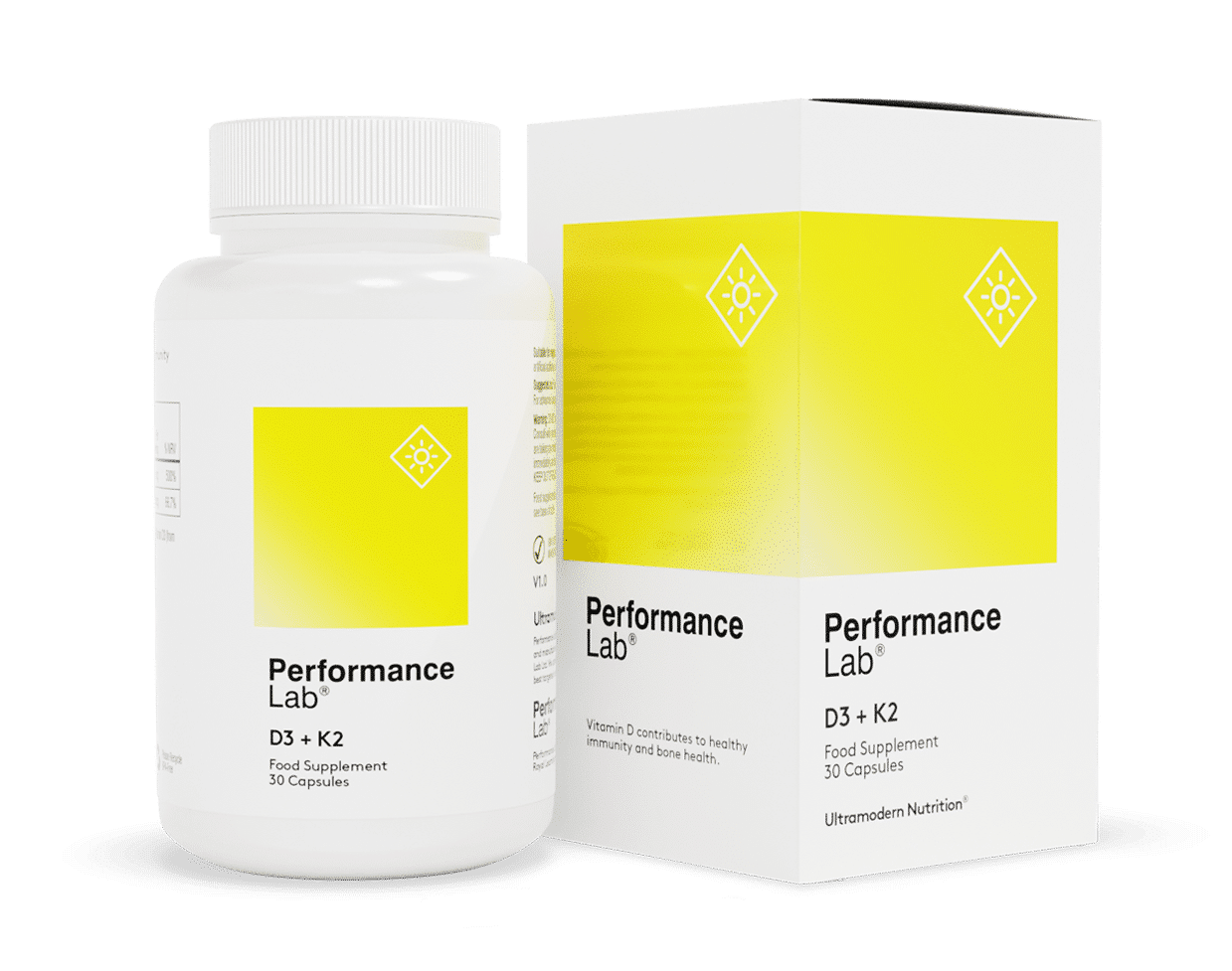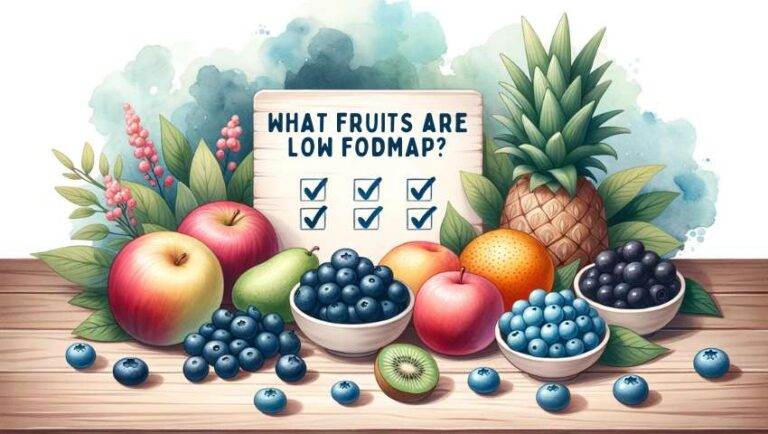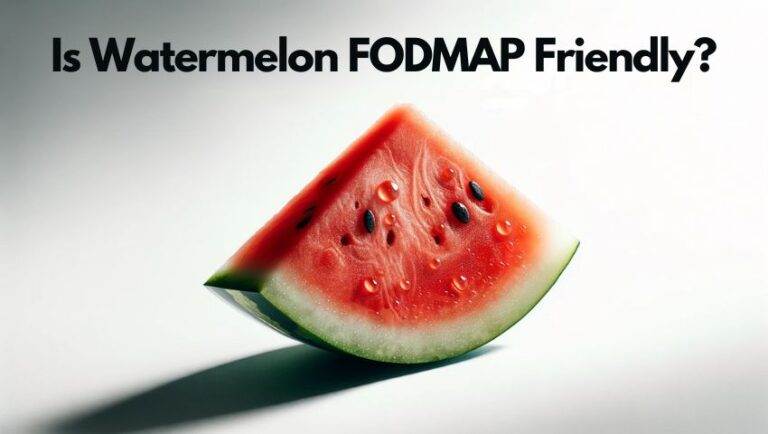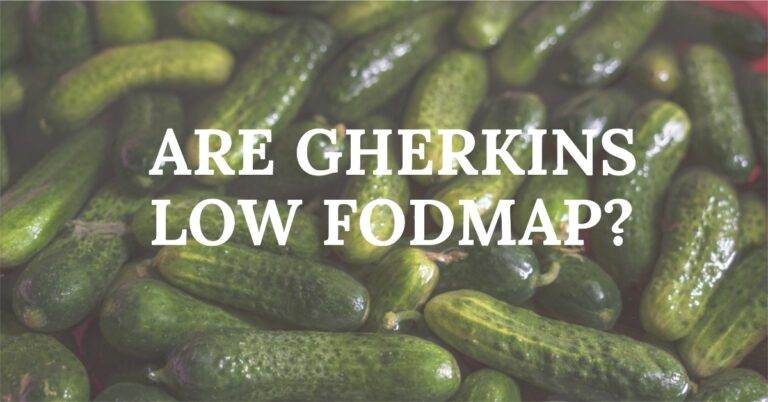Are Raisins FODMAP Friendly? – Essential Low FODMAP Diet Information

You’re munching on a granola bar and suddenly wonder: Are raisins low FODMAP? Well, let me spill the grapes. Raisins are tricky.
In specific portions, raisins might be okay. But too many, and your gut could shout a loud “NO!” It’s all about portion control and a little trial and error to find your personal tolerance level.
Stick around, and let’s break down the nitty-gritty details.
Key Takeaways
- Raisins contain fructose, which can be problematic in high amounts.
- Portion size is key; moderation can be the difference between comfort and bloating.
- Not all dried fruits are created equal; some might be more IBS-friendly than raisins.
- Monash University provides specific guidelines on raisin consumption for those on a low FODMAP diet.
- Incorporating raisins in recipes? Be mindful of other high FODMAP ingredients.
Raisin Fundamentals: What’s Inside These Dried Grapes?
Raisins, those sweet, wrinkled dried fruits, are essentially grapes left to dry. The drying process concentrates their sugars, making them sweeter than their juicy counterparts.
However, it’s this concentration that can raise eyebrows for those with IBS or following a low FODMAP diet.
The main issue? Fructose. Raisins pack a punch of this sugar, and it’s a known FODMAP. When consumed in high amounts, fructose might not get absorbed efficiently in the small intestine.
The result? Potential IBS symptoms for those sensitive. Curious about FODMAP intolerance? Find more detailed info at What Causes FODMAP Intolerance?
Raisin Consumption: How Much is Too Much?
Moderation is the name of the game. The portion size of raisins plays a crucial role in whether they’ll upset your stomach.
Monash University, a trusted source for FODMAP information, suggests that a serving size of one tablespoon of raisins would be considered moderate in FODMAPs. Exceed this, and you’re venturing into high FODMAP territory.
But there’s hope! If you’re keen on incorporating raisins in your diet, why not try adding them to oatmeal or baking recipes, ensuring you measure the amount carefully.
Keep your portions in check, and those tiny dried grapes can be a delightful addition to your low FODMAP diet.
Supercharge your performance and optimize gut health with Performance Lab Prebiotic. Unleash your true potential and experience the winning edge you’ve been searching for.
Raisins in Recipes: Points to Ponder
When using raisins in recipes, it’s not just the dried fruit itself to consider. Other ingredients can either make your meal a gut-soothing delight or a digestive nightmare.
Cookies, bars, or cereals with raisins may also contain high FODMAP ingredients like honey, wheat, or even garlic and onion in savory dishes.
Remember, it’s not just about the raisins. Other elements of your recipe could play a role in triggering IBS symptoms.
If you’re unsure about what foods might cause a flare-up, dive deeper into IBS trigger foods to navigate meals better.
While raisins can be a delicious addition to many dishes, they aren’t the only fruit out there. You might find that sultanas or dried cranberries work better for your digestive system.
If looking for supplements to aid digestion, consider peeking at the best IBS supplements. And if travel’s on your mind, here’s how you can manage IBS while on the move.
Raisin Recipes: IBS-Friendly Options
After mastering the portion sizes, you might wonder how to incorporate raisins into your daily meals without triggering your IBS. Remember, moderation is the golden rule.
Breakfast Delights
Oatmeal can be a safe haven for many following the low FODMAP diet. You could try adding a tablespoon of raisins to your morning oatmeal.
It gives a hint of sweetness without overwhelming the gut. Plus, oats are a fantastic source of fiber, essential for a healthy gut.
If oatmeal isn’t your thing, consider adding raisins to a low-FODMAP cereal. Just remember the magic number: one tablespoon. Any more could exacerbate your IBS symptoms.
Snack Time Ideas
Raisins are a quick snack that’s easy to carry and munch on the go. However, pairing them with other foods can make them even more palatable.
Consider making your own low FODMAP snack bars. Combine oats, a moderate amount of raisins, and a dash of glucose or honey.
Bake until golden brown. Perfect for those busy mornings or as a mid-day treat.
A Sweet Lunch Treat
If you’re following a vegan diet alongside your low FODMAP journey, raisins can be a lifesaver.
Dried cranberries, a favourite low-FODMAP snack for many, can sometimes contain high amounts of added sugar and other high FODMAP ingredients.
Raisins, on the other hand, are naturally sweeter. Toss a tiny portion into a salad for lunch to add a touch of sweetness.
Remember, raisins are considered a fruit, so they provide essential vitamins and minerals to your diet.
Unleash your full potential with Performance Lab D3 + K2 - the ultimate supplement for optimizing strength, vitality, and overall well-being. Elevate your health journey and experience a new level of greatness today!
Are Raisins FODMAP Friendly? – Final Thoughts
Living with IBS isn’t a walk in the park, and diet management becomes crucial. Incorporating raisins into your low FODMAP diet is possible, but, as always, be mindful of the serving size.
While raisins offer multiple health benefits and can be a tasty addition to various recipes, it’s essential to ensure they don’t cause undue stress on your digestive system.
Your gut will thank you for the close attention you pay to portion sizes and the way you choose to enjoy this dried fruit.
Stay informed, experiment cautiously, and always prioritize your well-being. After all, every meal is an opportunity to nourish your body and find joy in the food you eat.
Disclaimer: This content is based on my personal experience as an individual diagnosed with celiac disease and IBS (Irritable Bowel Syndrome) who follows a strict gluten-free diet. This does not constitute medical advice. Please consult a medical professional, nutritionist, or qualified dietitian for personalized, professional advice.

